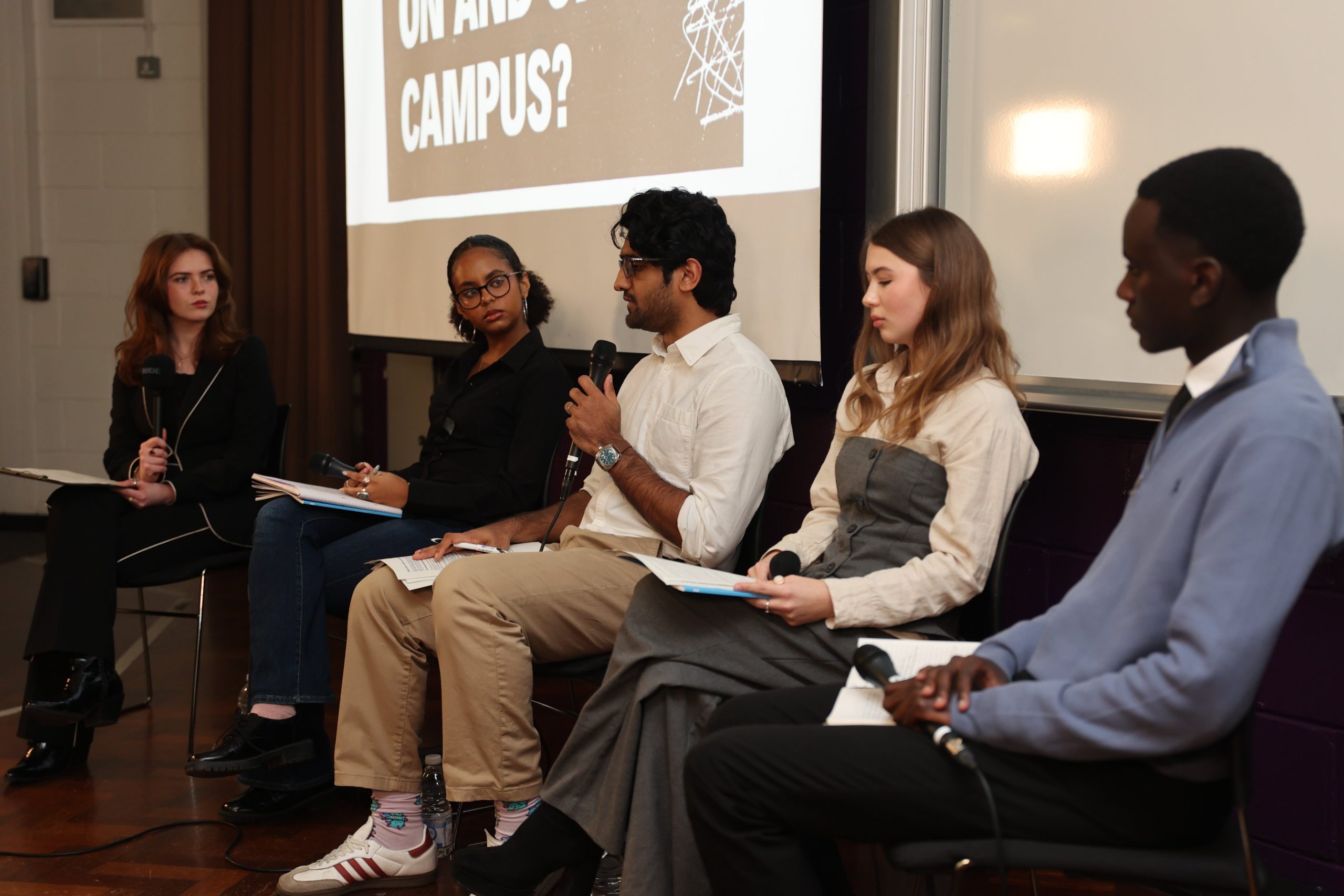In a move designed to tackle the threat of extremism on university campuses, the UK government issued updated anti-terrorism guidelines for academics on 22 January.
The recommendations state that universities should have a clearly defined freedom of speech practice and employ a careful selection process when choosing public speakers, agreeing to share information about speakers who might advocate violence. Critics of the proposals put forth in 2006 expressed concerns that the guidelines might encourage Islamaphobia. Although the re-issued guidelines aim to increase unity on campus, some lecturers insist they are being asked to ‘police’ their students.
Full story here
NEWS
Support free expression for all
At Index on Censorship, we believe everyone deserves the right to speak freely, challenge power and share ideas without fear. In a world where governments tighten control and algorithms distort the truth, defending those rights is more urgent than ever.
But free speech is not free. Instead we rely on readers like you to keep our journalism independent, our advocacy sharp and our support for writers, artists and dissidents strong.
If you believe in a future where voices aren’t silenced, help us protect it.
At Index on Censorship, we believe everyone deserves the right to speak freely, challenge power and share ideas without fear. In a world where governments tighten control and algorithms distort the truth, defending those rights is more urgent than ever.
But free speech is not free. Instead we rely on readers like you to keep our journalism independent, our advocacy sharp and our support for writers, artists and dissidents strong.
If you believe in a future where voices aren’t silenced, help us protect it.
At Index on Censorship, we believe everyone deserves the right to speak freely, challenge power and share ideas without fear. In a world where governments tighten control and algorithms distort the truth, defending those rights is more urgent than ever.
But free speech is not free. Instead we rely on readers like you to keep our journalism independent, our advocacy sharp and our support for writers, artists and dissidents strong.
If you believe in a future where voices aren’t silenced, help us protect it.
At Index on Censorship, we believe everyone deserves the right to speak freely, challenge power and share ideas without fear. In a world where governments tighten control and algorithms distort the truth, defending those rights is more urgent than ever.
But free speech is not free. Instead we rely on readers like you to keep our journalism independent, our advocacy sharp and our support for writers, artists and dissidents strong.
If you believe in a future where voices aren’t silenced, help us protect it.
At Index on Censorship, we believe everyone deserves the right to speak freely, challenge power and share ideas without fear. In a world where governments tighten control and algorithms distort the truth, defending those rights is more urgent than ever.
But free speech is not free. Instead we rely on readers like you to keep our journalism independent, our advocacy sharp and our support for writers, artists and dissidents strong.
If you believe in a future where voices aren’t silenced, help us protect it.
READ MORE
-

Index reports on the breaking of the old order in Europe
Editor Sally Gimson reflects on a recent trip across central Europe
-

Kosovo: Media freedom groups demand adequate budget for broadcaster RTK
A proposed 60% shortfall would limit its ability to operate independently and to fulfil its mission to inform citizens on matters of public interest
-

Gen Z voices “muffled and contained, if not outright censored”
Students at a University of Essex event talks about their freedom of expression
-

Banning social media is a kneejerk reaction that should be resisted
While Spain is yet another country considering social media bans, we should remember the dissidents who rely on platforms to organise or let others...
